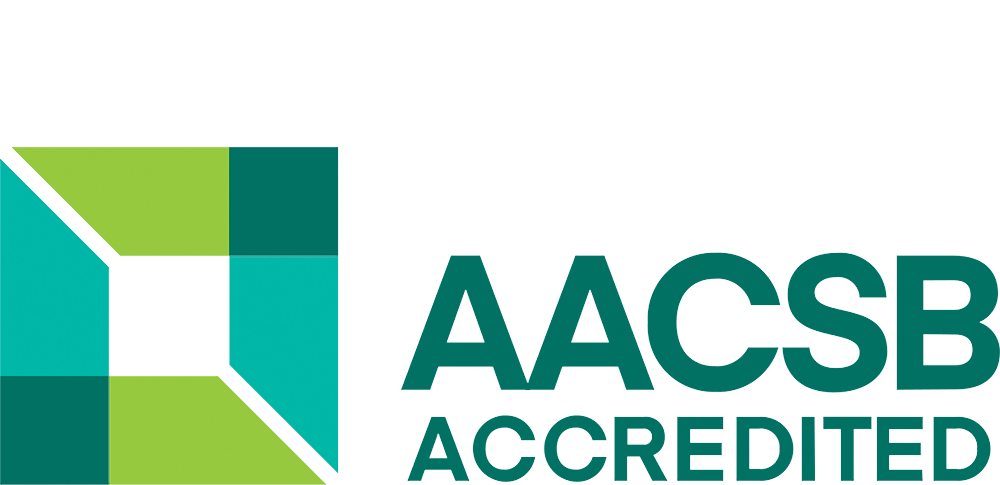
10 Oct 2023
How to become a headhunter ?
You have an eye for spotting talent, you want to contribute to the success of a company and challenge doesn't scare you? Why not become a headhunter ?
Read the article


21 Jun 2022

Etudiants & apprenants
Formation continue
Today, many learners are turning to blended learning for their training, specialists in educational design are praising its flexibility and experts in professional training are adapting their educational formats to make them hybrid... in short, blended learning is in fashion. But what is the reality behind this term? What is its success based on? We tell you everything you need to know about the educational solutions offered by blended learning.
Blended learning is a mixed learning mode that combines traditional face-to-face training and distance learning in e-learning. There is not “one” model of blended learning, but rather “several” models, since the instructional designer can choose the face-to-face/distance mix that he or she feels is most relevant and best suited to the training programme. For example, you can find blended courses that are largely e-learning oriented and include a few face-to-face sessions – this is the model used for the IPAG Online blended courses in Rouen. On the other hand, you can follow a hybrid course, which is mainly face-to-face and includes a few training modules or online teaching activities.
E-learning is a distance learning system, where courses are held online in virtual classrooms and the learning experience is complemented by access to a wide range of online educational content. In other words, the teaching is 100% online.
Blended learning, on the other hand, is a mixed training system comprising virtual and classroom training. In other words, blended learning generally contains between 60% and 90% e-learning, with the remaining percentage being devoted to face-to-face learning.
At present, blended learning covers almost all sectors of activity and is aimed at a very diverse public. They may be of interest to, for example :
In short, blended learning is suitable for all those who wish to acquire new skills, but for whom face-to-face training is an obstacle (time constraints, geographical constraints, etc.).
As you can see, the recipe for blended learning is to take advantage of the most interesting teaching methods of digital learning and distance learning, without the disadvantages, and to add the benefits of “traditional” teaching.
Our Master of Science (MSc) courses were designed to be delivered in an online format. However, a hybrid system is now offered to our students on the Co'sup consortium campus in Rouen. Between 80 and 90% of the training is done online (videos, case studies, courses, forums, etc.) and a few masterclasses, tutorials and student support sessions are organised in person on Fridays.
The online training offer proposed by IPAG is composed of 4 MSc :
Also read about :

10 Oct 2023
You have an eye for spotting talent, you want to contribute to the success of a company and challenge doesn't scare you? Why not become a headhunter ?
Read the article

22 Apr 2022
For students undergoing initial training, employees undergoing retraining, working adults and jobseekers, the range of distance learning courses has expanded considerably in recent years.
Read the article

19 Oct 2020
Vocational training for adults can meet different needs and is not exclusively reserved for jobseekers. In the workplace, it has many advantages for both the employer and the employee. Why follow vocational training? Why set up a training plan for your employees? We tell you everything.
Read the article
Application
Contact